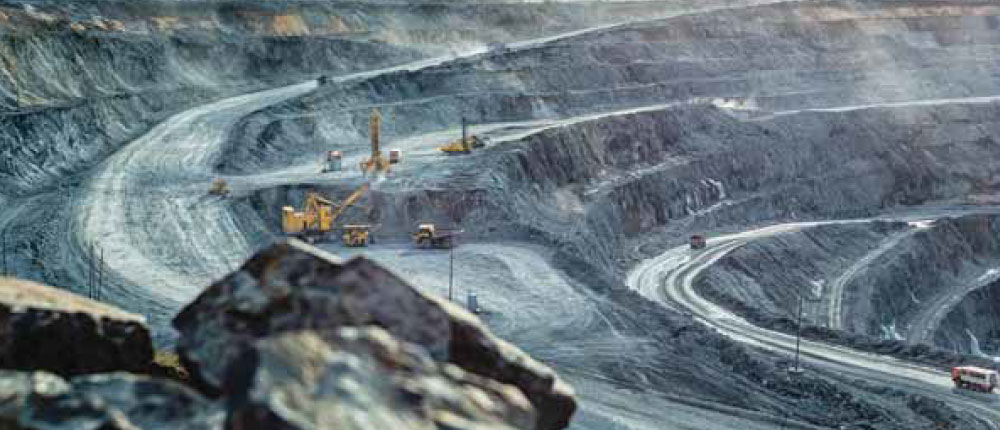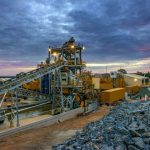Mining plays a crucial role in the global economy, providing essential raw materials for various industries. However, the economic impacts of mining extend far beyond the extraction of minerals. In this blog post, we will delve into the multifaceted economic effects of mining, exploring its contributions to employment, economic growth, infrastructure development, and environmental sustainability.
- Job Creation and Employment Opportunities:
Mining operations generate employment opportunities at various stages, from exploration and extraction to processing and transportation. The industry directly employs a significant number of workers, including engineers, geologists, technicians, and miners. Additionally, mining activities stimulate job creation in related sectors such as manufacturing, logistics, and services, leading to a multiplier effect on employment rates. - Economic Growth and Development:
Mining has the potential to drive economic growth and development in both developed and developing countries. The revenue generated from mining activities contributes to national income, government budgets, and public infrastructure projects. It provides governments with resources to invest in education, healthcare, and social welfare programs, improving the overall standard of living for communities near mining sites. - Infrastructure Development:
Mining projects often require substantial infrastructure development, including roads, railways, ports, and power supply systems. These infrastructure investments not only support mining operations but also benefit the broader economy by enhancing connectivity, facilitating trade, and attracting other industries. Improved infrastructure can lead to regional development, attracting investments and creating new business opportunities. - Technological Advancements and Innovation:
The mining industry drives technological advancements and innovation, leading to increased productivity and efficiency. Mining companies invest in research and development to improve extraction techniques, reduce environmental impacts, and enhance safety measures. These innovations often have spillover effects, benefiting other sectors and contributing to overall economic progress. - Export Revenue and Trade Balance:
Mining products are major contributors to export revenue in many countries. The export of minerals, such as coal, iron ore, gold, and copper, can significantly impact a nation's trade balance. The revenue generated from mineral exports can be used to import goods and services, diversify the economy, and reduce dependence on a single industry. - Environmental Considerations and Sustainability:
While mining brings economic benefits, it also raises environmental concerns. Responsible mining practices aim to minimize negative impacts on ecosystems, water resources, and air quality. Sustainable mining practices, such as land reclamation and biodiversity conservation, ensure the long-term viability of mining operations while preserving the environment for future generations.
Conclusion:
The economic impacts of mining are multifaceted and extend beyond the extraction of minerals. From job creation and economic growth to infrastructure development and technological advancements, mining plays a vital role in shaping economies worldwide. However, it is crucial to balance economic benefits with environmental sustainability to ensure a sustainable future for both the mining industry and the planet.



Average Rating